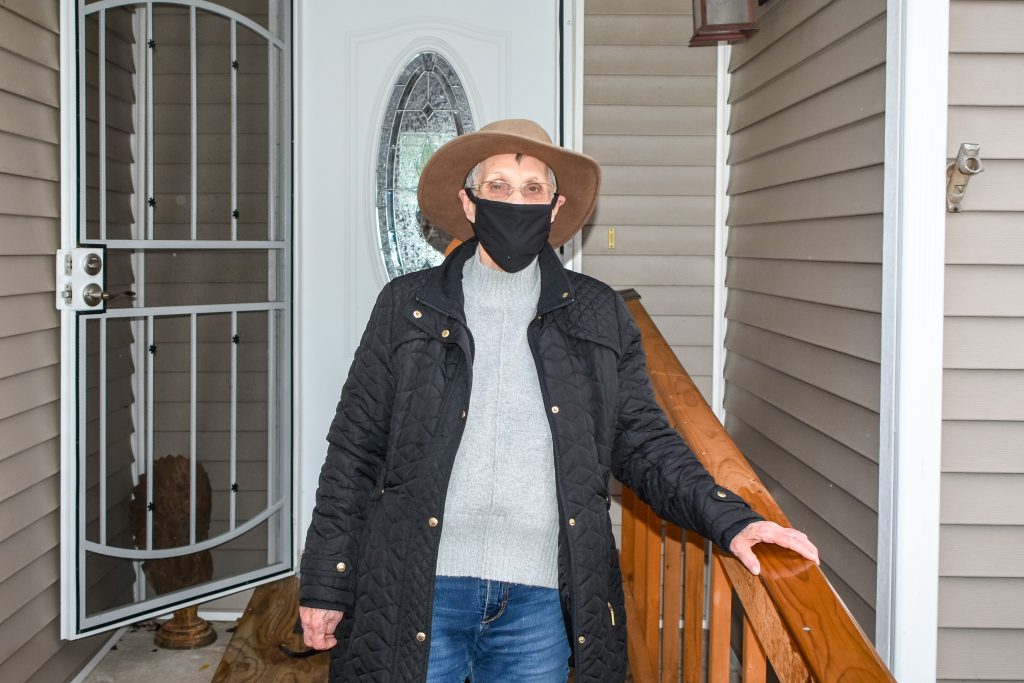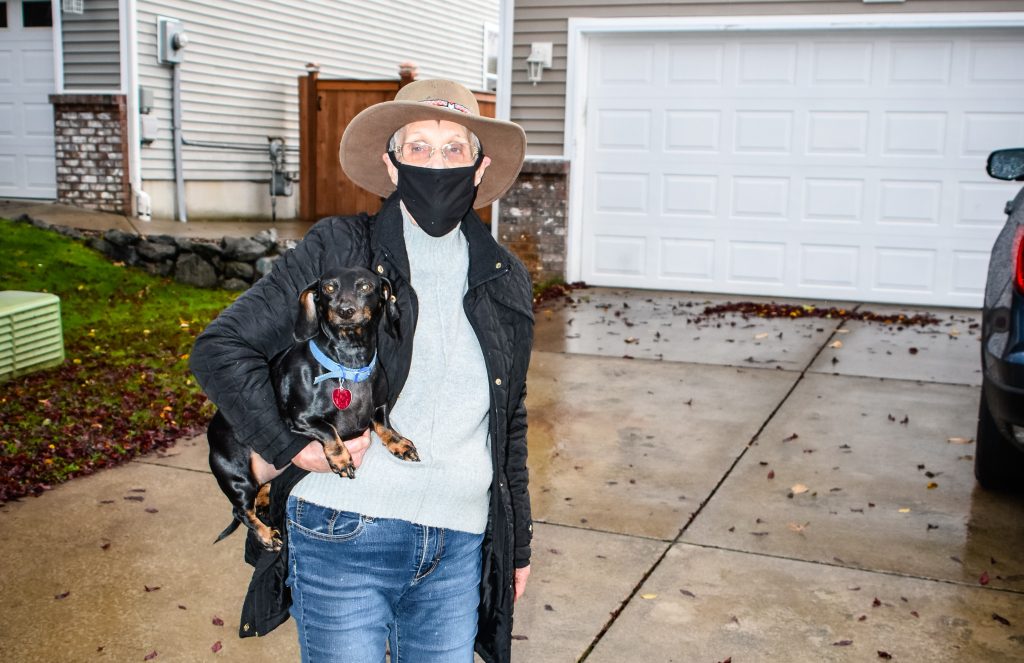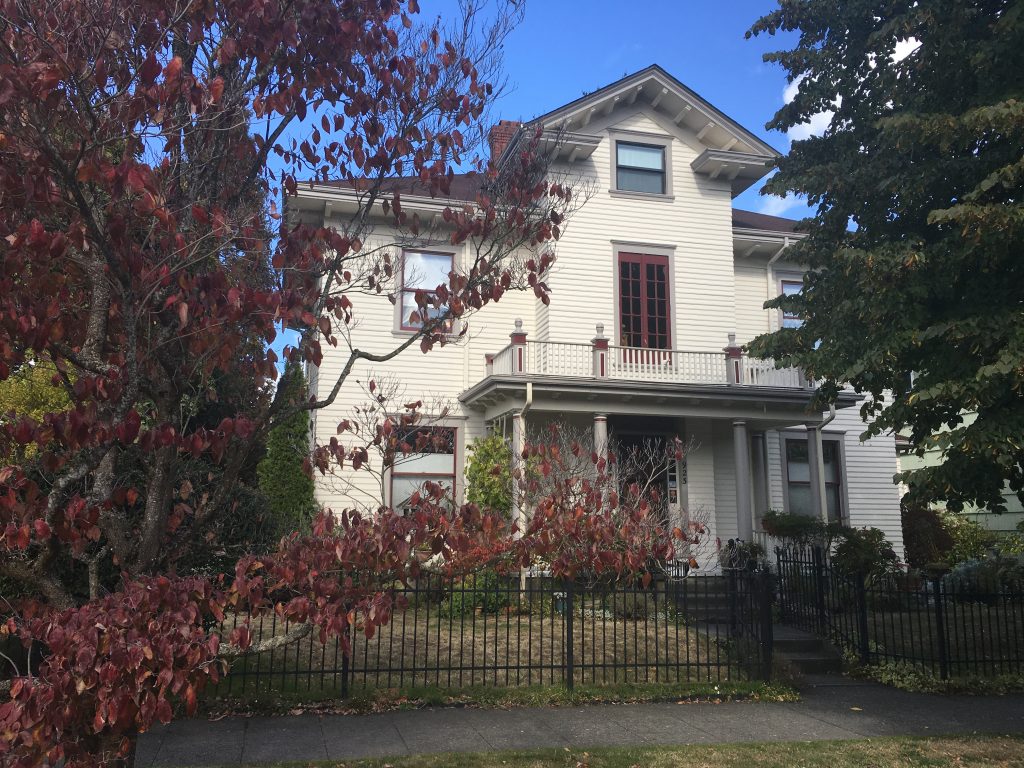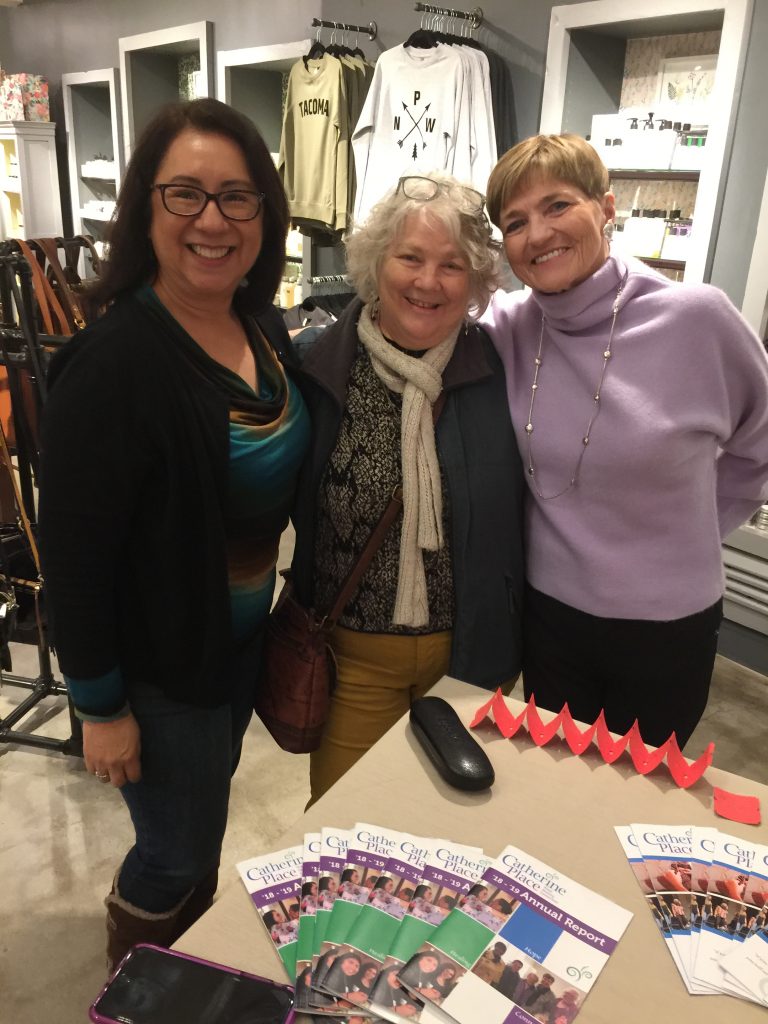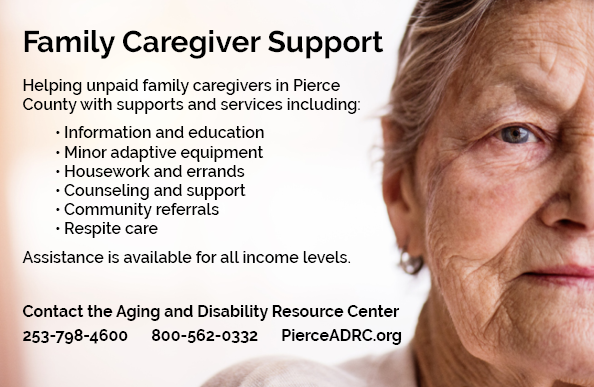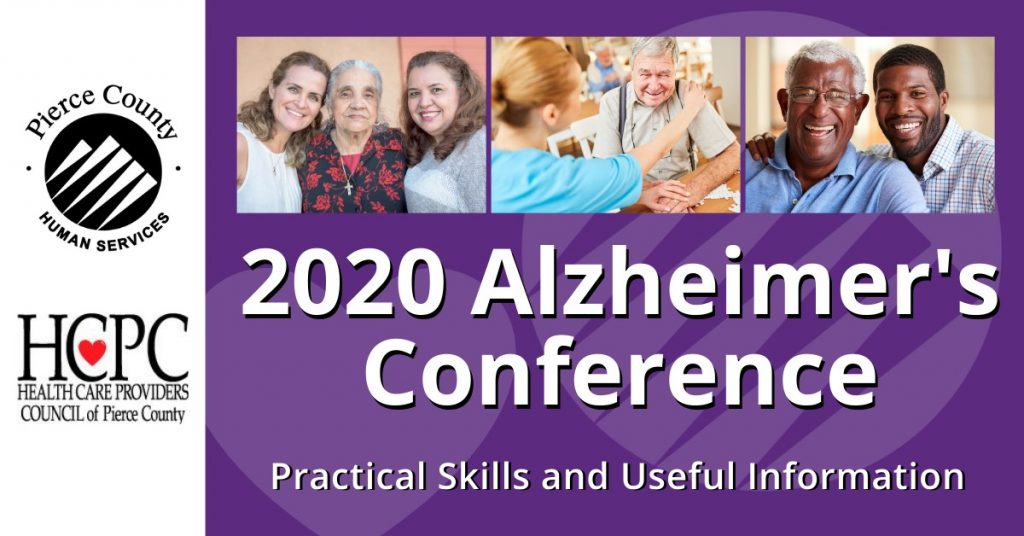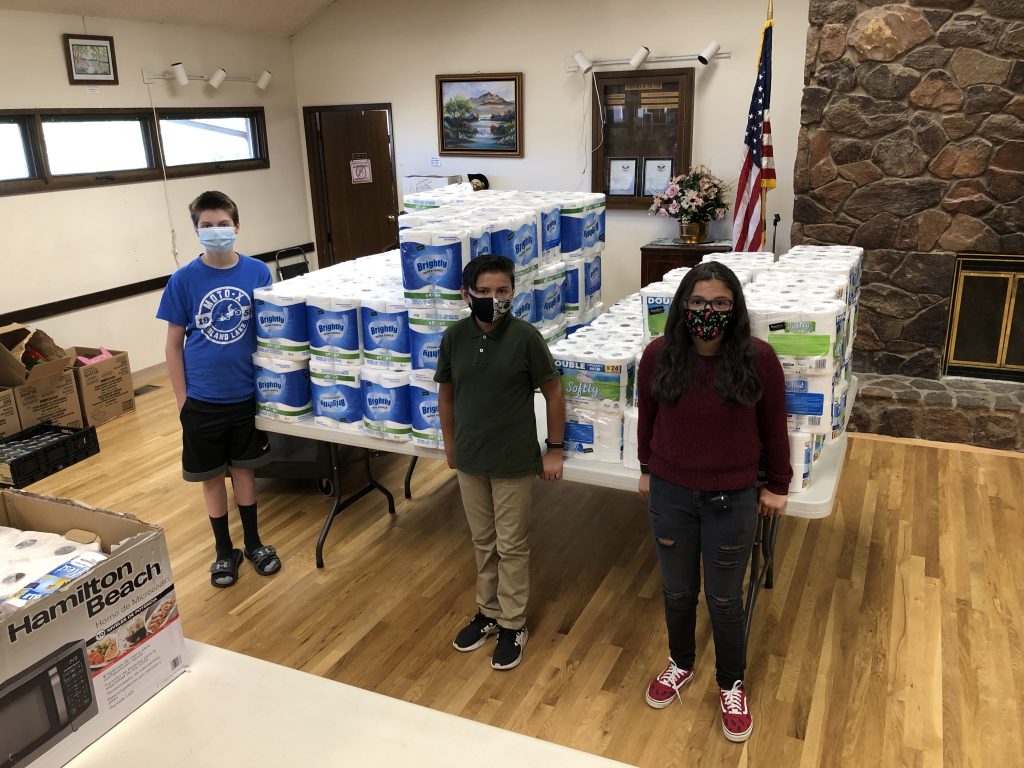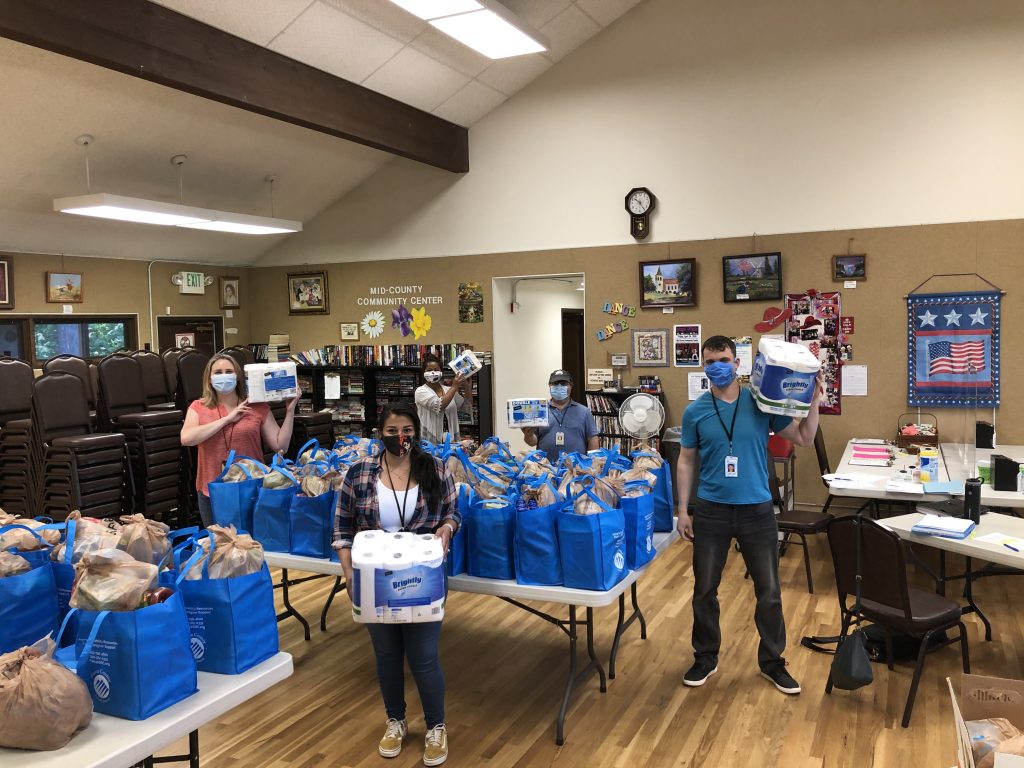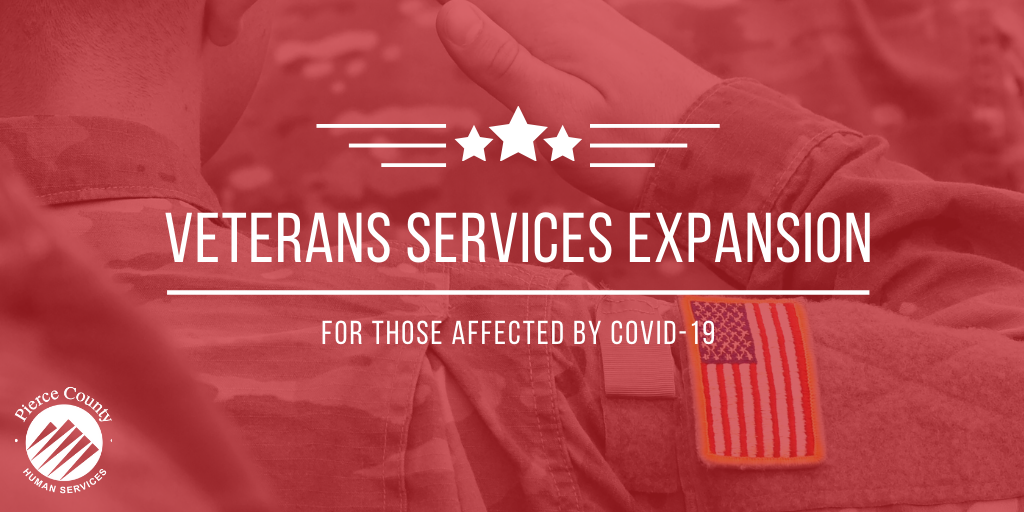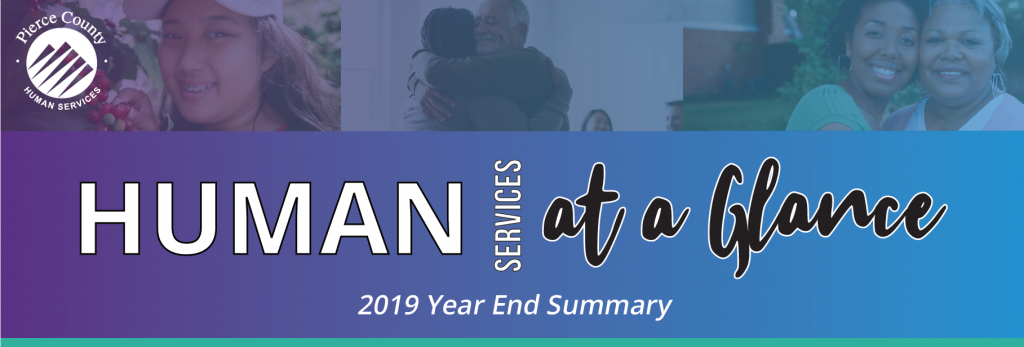A note from Heather: “As we shift back into more in-person interactions in our post-COVID world, I wanted to take the opportunity to introduce you to one of our newer leadership team members, Nelly Mbajah. Nelly joined PCHS in February 2021, coming most recently from a position with Puget Sound Educational Service District (PSESD). While at PSESD, and DSHS before that, Nelly spent most of her professional attention on ECEAP and other early learning initiatives. We are glad to have her as part of our team, leading the Community Action Program (CAP) Division here at PCHS. I have two more leaders to introduce you to soon, so look for their guest blogs coming up. For now, please take it away, Nelly…”
Pierce County Human Services has recently opened our doors and returned to ‘normal’ office hours, so I want to wish all residents a ‘Happy Reopening’ from the Community Action Programs (CAP). I am grateful to have this opportunity to share a little of our world with all of you.
A little background before we get started, CAP works to reduce the impact of poverty through a variety of programs and supports. Pierce County’s CAP is one of 30 CAPs in the state, and over 1,000 nationwide. The CAP Division programs include:
- Energy Assistance – Provides heating assistance and conservation education to income-qualified households outside the city limits of Tacoma.
- Water Assistance – Provides water and wastewater assistance to income-qualified households outside the city limits of Tacoma. (Coming soon!)
- Early Childhood Education and Assistance Program (ECEAP) – Provides free preschool and family support to over 300 income eligible children and their families through seven sites in six school districts. The sites are in Sumner, Bonney Lake, Buckley, Orting, Eatonville, South Hill, and University Place, along with two dual language (English/Spanish) classes in South Hill and Sumner.
- Tribal ChildReach – Provides early childhood developmental screening to Tribal children in partnership with the Puyallup Tribe.
- Weatherization – Supports income eligible households in making their homes healthier reducing heat loss, and saving money on heating bills, all through adding insulation, sealing cracks, and making other physical improvements.
- Minor Home Repair – Provides health and safety repairs for income eligible households that allow residences to stay in their homes. The repairs range from window and roof repair or replacement to plumbing and minor carpentry.
We all had to become more innovative when offering services during a pandemic, but the Weatherization (WX) and Minor Home Repair (MHR) programs also had to transition to a new contracting and procurement platform. A team of three(Donn Falconer, Kristy Lysell and Lynda Buchanan), with the support of several others, have been working diligently to make this happen for over a year and we are happy to say that the new system, ProcureWare, finally went live on July 1, 2021 (applause).

What is ProcureWare and what does it do?
It is an all-inclusive, integrated procurement platform for supplier management, e-sourcing, and contract management. This system allows contractors to register for the limited public works rosters which were specifically created for the MHR and WX programs. This makes it simple for bidders to register for the specific type of work in which they specialize, and in turn simpler for the County to release bids to contractors who specialize in and want to do this specific type of work. All communication is done solely in ProcureWare – from release of bid, clarifications, and finally the award. It is also a portal where contractors can upload their licenses, insurance, etc., which also notifies contractors when things are expiring so there is no disruption in being able to receive bids.
Why was the shift needed?
To ensure the County and contractors are compliant with all State of Washington public work laws and regulations.
Why is it important?
It’s important because it provides a streamlined and accessible contracting process for contractors and the County. It also promotes access to new contractors, flexibility in job scope, and lower costs (hopefully!!). Another benefit is that everything is in one place (bid request, questions, responses, addendum, and submission of bids), making it easier to update everyone at the same time.
What are the challenges and success of the system?
One of the challenges is gauging contractor interest in doing the type of jobs we post, creating a new sets of forms and processes, determining how to deal with emergency situations, and the general hassle of transition. We’ve experienced success recently as our first job was posted and we received 3 bids – YAY! We are now working on awarding a contract for the work to begin.
In addition to the Procureware launch, our division’s other big focus this year is the Community Needs Assessment (CNA), which we complete every 3 years. The purpose is to identify needs within our community, determine how well we are currently meeting those needs, and highlight what gaps exist. The information gathered is used to improve current services and explore the creation of new programs, services, or partnerships.
A small but mighty team (Connie Arias, Makaila Chames, Margi Rudy, Lynda Buchanan, and I) has been working on the 2021 CNA with a target completion date of September 30. The team began by creating a timeline (click here for the full graphic) and goals, with the intention of making this a more comprehensive assessment than the one done in 2018.
The team decided to survey county residents and social service providers to get a complete picture of needs and gaps within our systems. The provider survey was sent out to 173 providers and 78 were completed. The information gathered has been used to create a resource guide that individuals completing the community survey can request. The community survey went live on 6/15/21 and as of 7/19/21 we had 475 completed surveys — 200 more than we received in 2018. The survey is available online or on paper in multiple languages. Participants have until the end of this month to complete the survey.
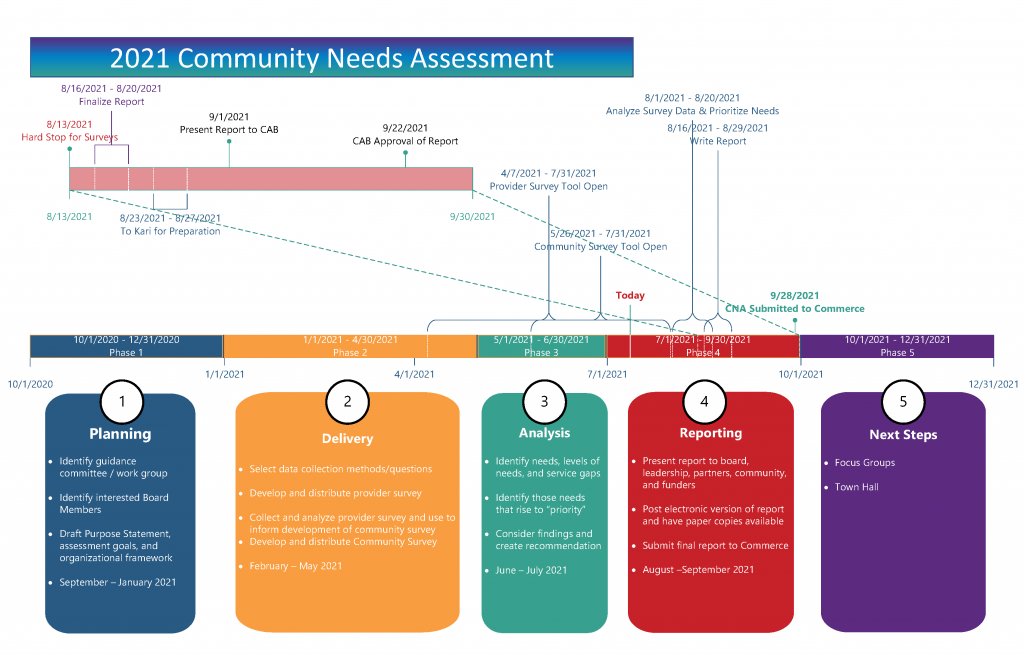
In a quick review of responses to a few of the open-ended questions on the survey, we found a wide variety of responses, which is expected after such a difficult year and a half, when so many of our residents struggled during the pandemic. We heard heartbreaking stories about the impact of the pandemic and lack of access to resources, encouraging stories about how services provided restored hope and even a few interesting requests related to employees and elected officials. Although we are still receiving responses, we are excited about what we will learn from this process and how it will inform our programs and services over the next three years. The survey is open until July 31, so please complete the survey if you haven’t already and share the link within your networks. We look forward to sharing the full report with you in the coming months.
Thanks to Heather for giving me the opportunity to engage readers on the latest news from Community Action Programs. We wish you all a summer filled with memory-creating moments.
– Nelly Mbajah, CAP Division Manager




